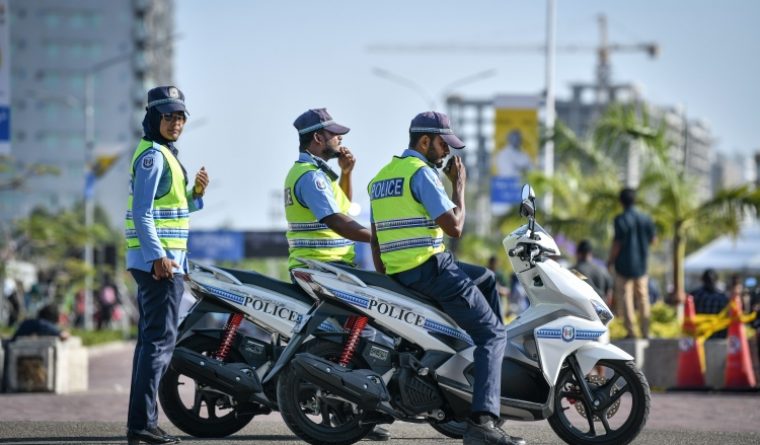
The request for development of roads in Malé, in order for them to be suitable for walking on and driving on, has been granted generously by the government. In relation to this, a meeting has been held with the purpose of getting the opinions of residents, titled the “Jazeera Holhuashi”. In that meeting, several people have given their review.
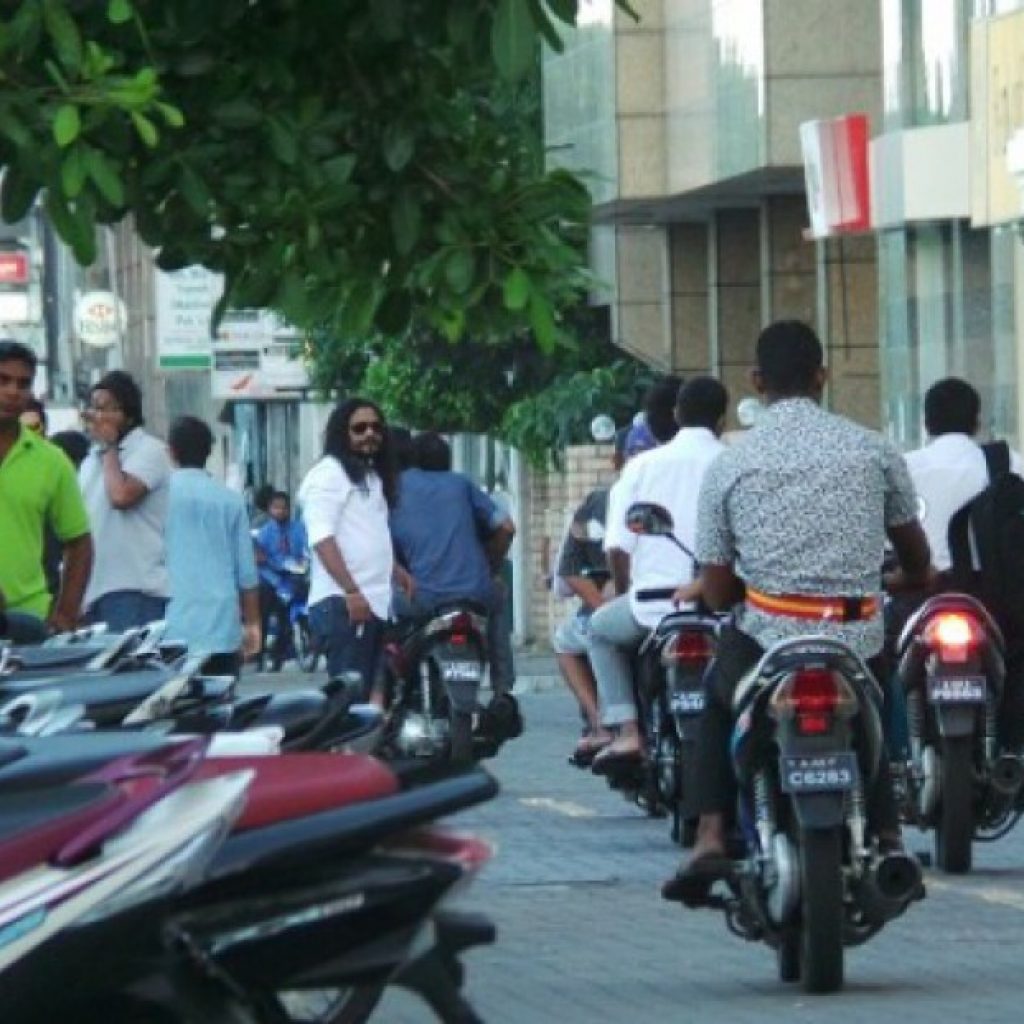
The residents of Malé are well aware of the state of the roads on the island. The roads are congested with vehicles, and the people who operate those vehicles have no regard for the rules that maintain the safety of the road – as well as their own safety and the safety of others around them. As for parking? There are no spaces for parking. All the parking spaces are usually full, forcing people to park their vehicles in front of porches, on the side of the road and so on. Witnessing the state of the people who drive around Malé, you could tell it would’ve been much easier if they’d just walked instead. However the pedestrians themselves are facing the issue of the pavement being only about three feet in width, and most of that space being unsuitable for walking on due to AC water discharges from buildings seeping onto those parts. Typically, you’ll see bags of garbage and litter outside those buildings, kept out on the road. Pedestrians in groups, both locals and foreigners lurk on the sidewalk talking to each other,
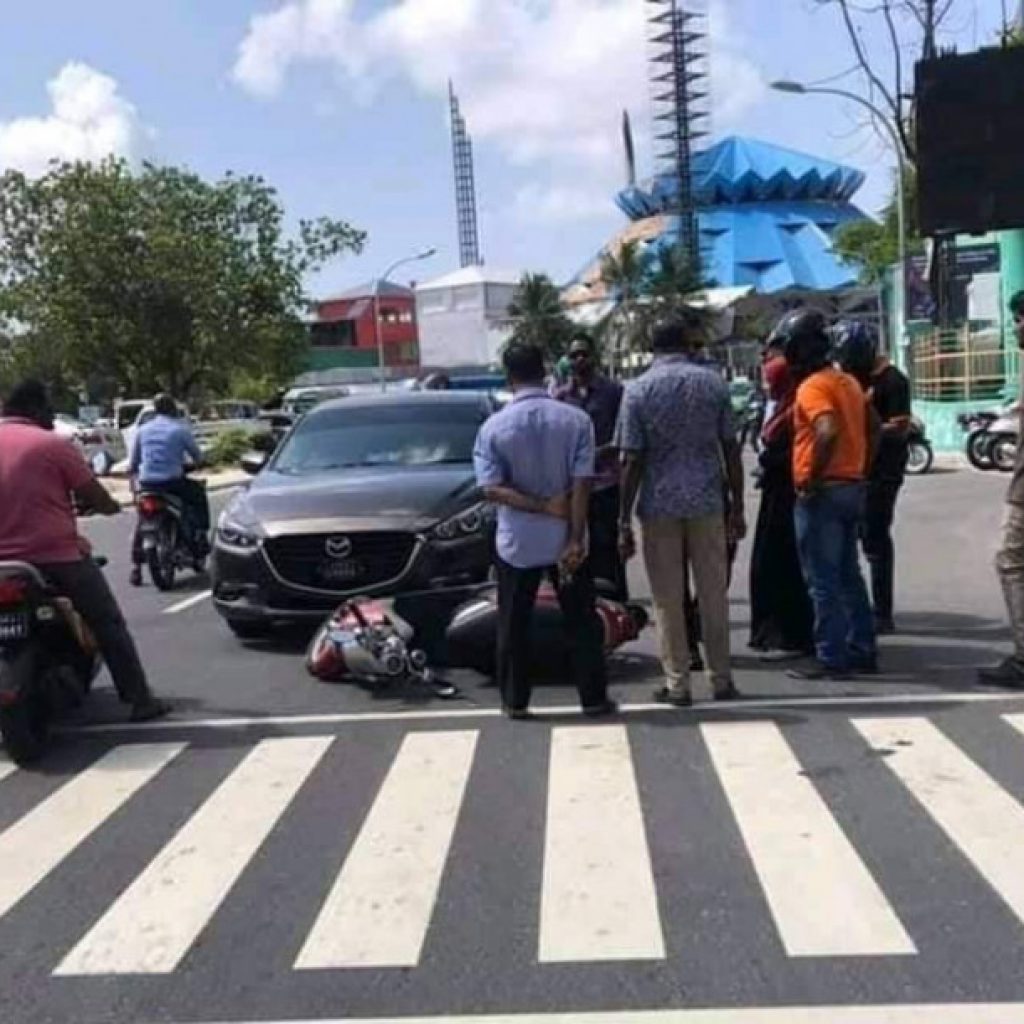
This often forces people to step off the sidewalk onto the main path designated for vehicles, which could potentially endanger lives. To make matters worse, there aren’t many crosswalks for these pedestrians to use, and the existence of drivers who speed past ignoring traffic lights could hit them. People often face the issue of waiting endlessly for a chance to cross the road, a chance they never get, forcing them to recklessly run across the road. Shockingly, these are only the smallest of problems faced on the roads of Malé. We need to take action against this abnormality, to fix the current state of these paths. Here are some things individuals can do to improve it – as temporary solutions:
1.Changing the flow of traffic
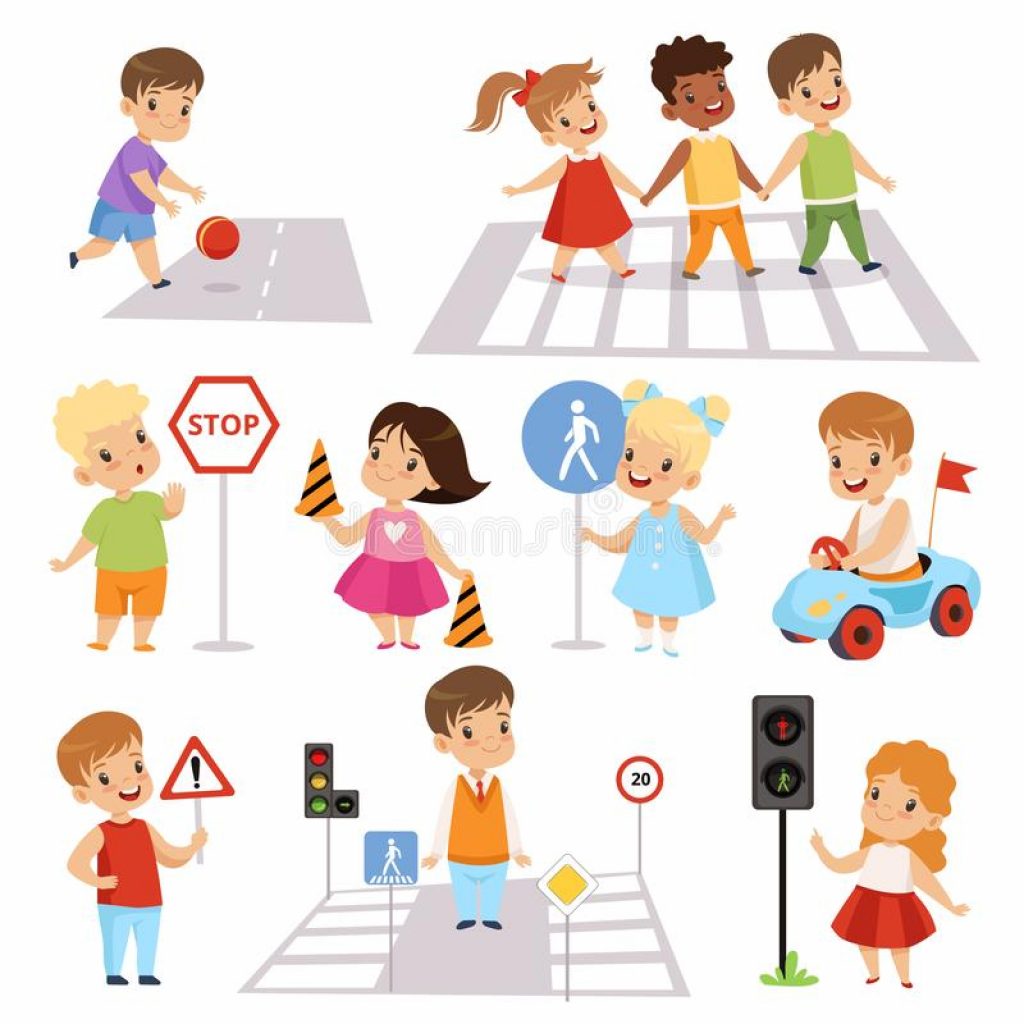
Keep an eye on the busiest roads, and assign roads for driving back and forth. It should be reviewed that parking is possible on both sides of the road when opening closed roads. Areas that aren’t appropriate for parking should be managed and made sure to be vehicle free.
2. Providing parking spaces.
Clear out areas on the roads of Malé that need more parking spaces, and create more parking spaces that will suffice.
3. Following the traffic lights.
Traffic lights should be places wherever necessary, and crosswalks should be made in those areas with the lights in mind.
4. Following the safety protocol
for traffic Drivers on the road should be checked, to confirm whether or not they have been licensed, and make sure they are following the rules of the road, as well as taking action against those found guilty of violating these rules.
5. Taking care of the road properly
Taking action against those who litter, cause potentially damaging effects such as waste water sewage running onto roads, and making sure roads stay clean and pollution-free.
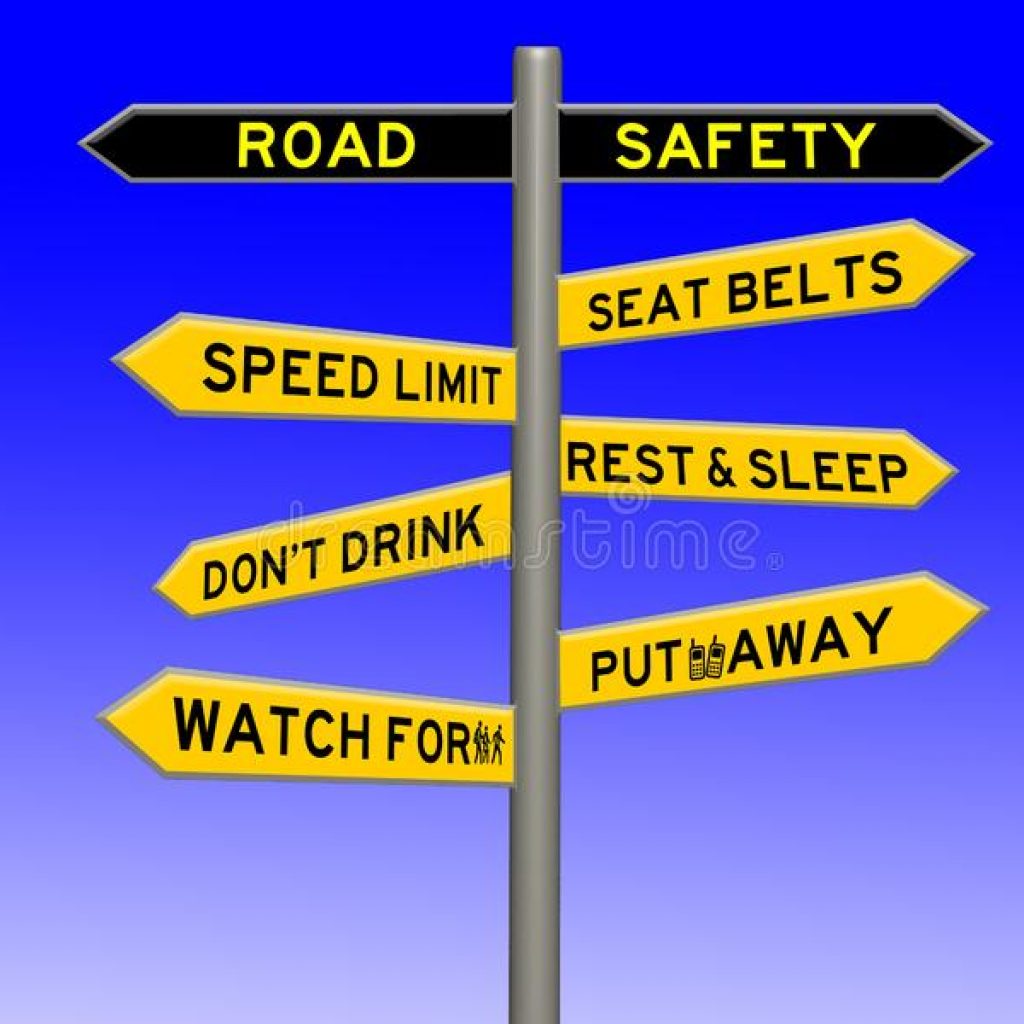
– Permanent solutions
1. Managing public transport and being mindful of it
An appropriate level of public transport should be available to all residents at prices that will not take too much of the earnings of residents. In that case, the people who are responsible for this job should be qualified and provided with services from the government to improve their employee experience.
2. Taxes and fees taken from residents should be reviewed.
It has come to light that in other countries around the world, taxes and fees taken from residents for their owned vehicles are a larger cost than that taken from vehicles that are being used for public transport. This is a tactic used to encourage people to use public transport vehicles more often. Taking this inequality to consideration, a good point is that personal vehicles are purchased and managed by people who can afford to pay these taxes and fees, and therefore it isn’t too big an issue. It is important to have this implemented in Maldives too, and should be taken into consideration by the government.
3. Managing registry of vehicles
Making sure that vehicles that were manufactured a certain amount of time ago cannot be registered, and revoking the registered vehicles that are older than allowed is very important. Looking into whether or not the vehicle is needed, and enforcing a limit on how many vehicles of a certain kind are also important. Not allowing the registry of vehicles that aren’t provided a garage is crucial.
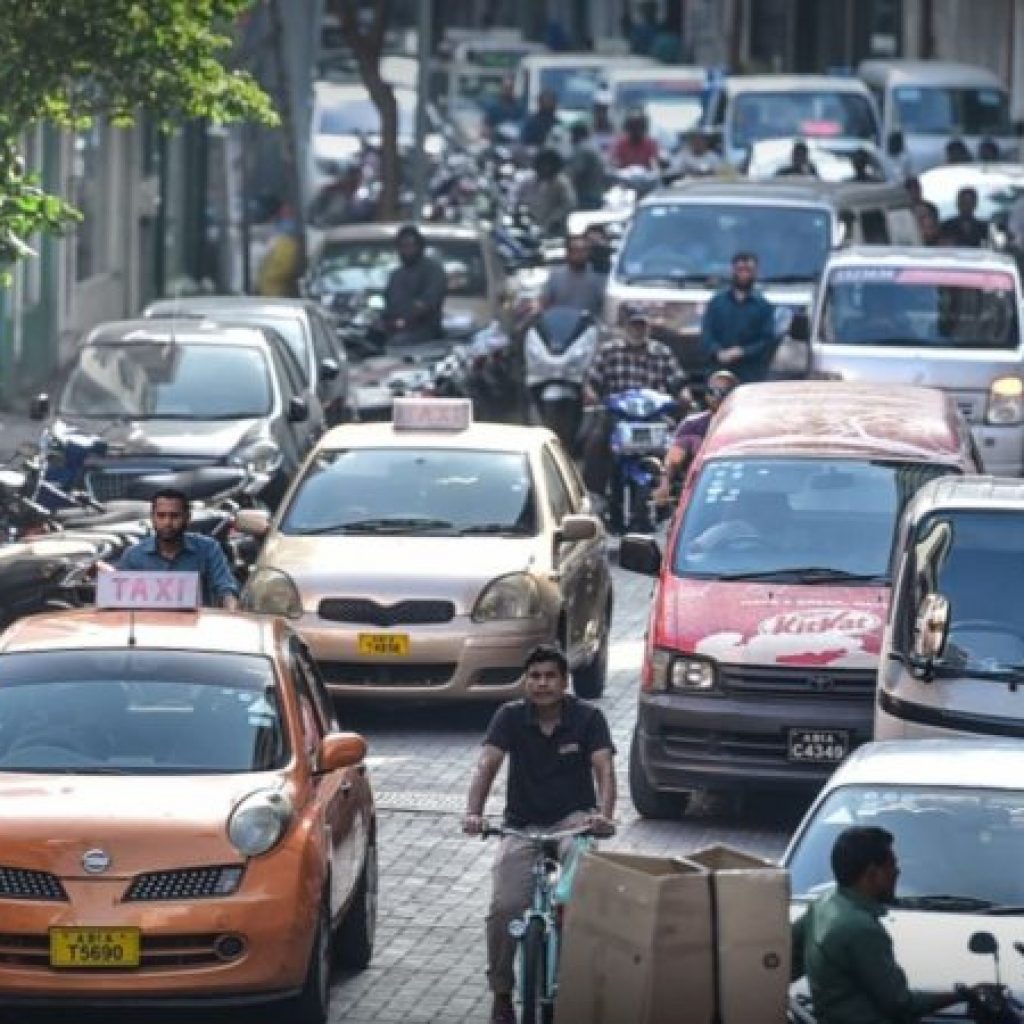
4. Spreading public awareness Proposing the community an image of what an abnormal number of vehicles congesting a n island will help locals to understand and be aware of what harmful effects they will face due to it. Similarly, they should be educated on the importance of following the rules of road safety and promoting the benefits of reducing vehicles and taking a more environmental friendly alternative, such as walking and cycling.
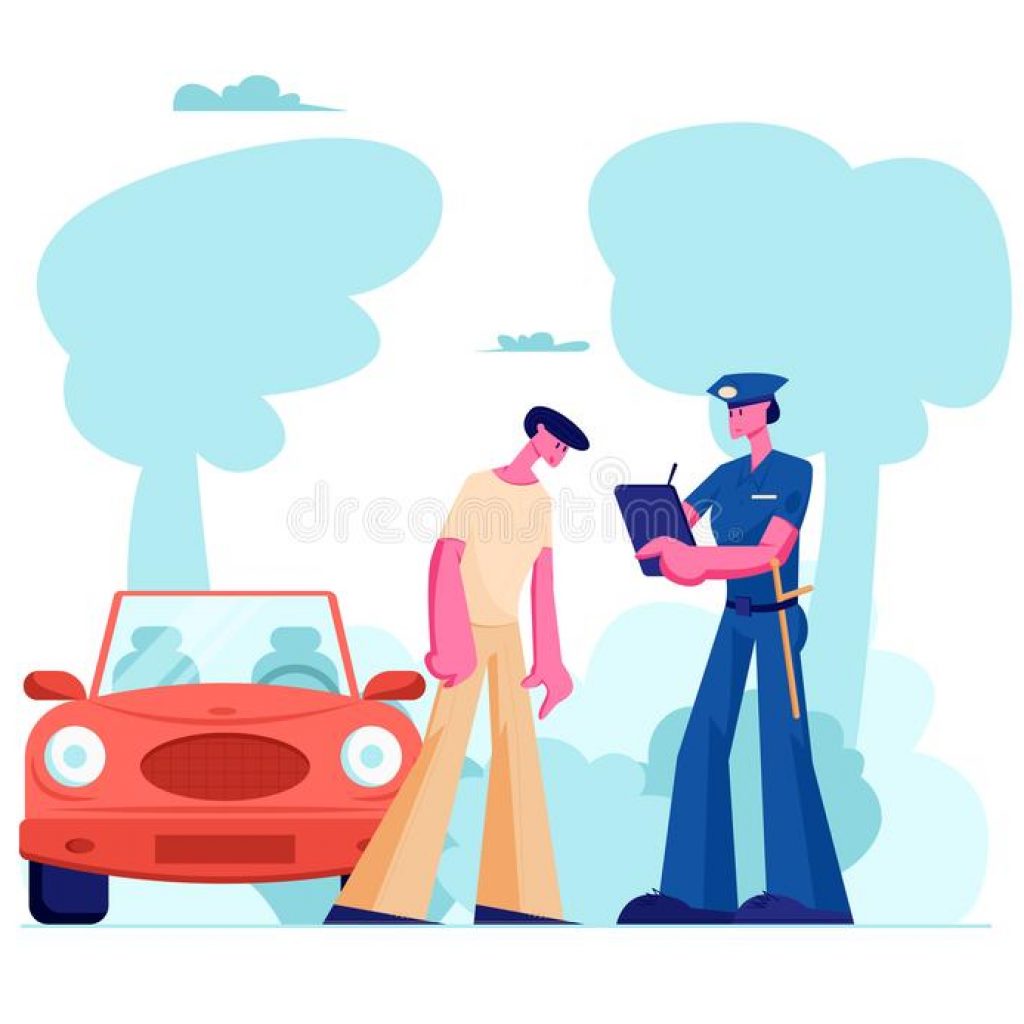
This should be patiently summarized even to the small portion of orthodox residents who aren’t in touch with the modern times so that they understand better.
Though all Maldivian residents will not follow these actions, the number of people who do, small or big, will make a huge difference altogether to the lifestyle and environment and become a self aware, independent person with good qualities – a good citizen. Residents hope that the government will assist us in creating healthy roads and fix their current state.